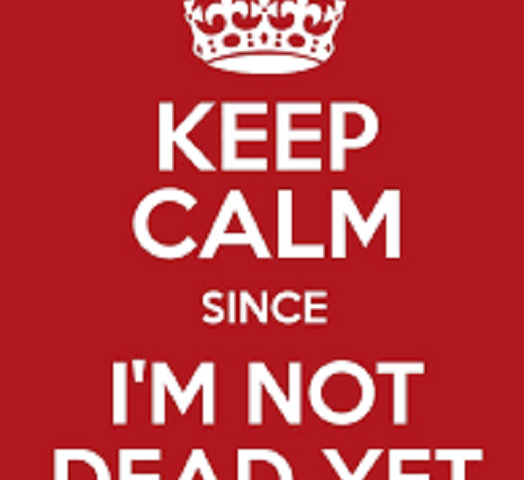
Pharmacy Start Up Gets Financing
December 1, 2017
Palm City, FL. Cool Cats Get a Great Business Loan
May 29, 2018Why Your Declined SBA Startup Loan Might Not be a Dead SBA Startup Loan
Have you gotten turned down for an SBA startup loan? Sometimes it’s because you went to the wrong lender. All lenders that we know add more requirements than what the SBA requires. These additional requirements can vary a lot between lenders and can cause you a lot of frustration because you won’t see these requirements on any SBA web pages when you are researching getting an SBA loan.
Because of these additional varying requirements, your declined SBA startup loan might not mean you can’t get an SBA loan. It might only mean you can’t get an SBA loan with that particular lender.
From years of helping entrepreneurs get SBA startup financing we have compiled a list of the most important additional must haves that will help make your SBA loan doable. The following list focuses on unsecured loans with loan amounts of $150,000 or more.
#1 – Have Good Credit. The SBA allows a lot of leeway to the lenders who make the SBA loan decisions. The lenders themselves look upon SBA startup loans as an unsecured loan where character, which is measured by your credit score, means a ton. A credit score of 700+ is great, a credit score of 680+ is OK and anything 650 or less is a long shot at getting approved.
#2 – Have a Minimum 25% – 30% Equity Injection. Equity injection, also known as your down payment, is the dollar amount you are investing into your business. When applying for a loan you must provide something for the lender that is called a “Sources & Uses” spreadsheet. This spreadsheet breakdowns into different categories how much it will cost to open the doors of your business and provide you with an adequate amount of working capital or cash. Example, if the total cost is $300,000 and you are putting in $100,000, you are providing an equity injection of 33%.
The minimum 25% – 30% equity injection that we have seen, again is not an SBA requirement but what the lenders who are doing unsecured SBA startup loans are currently requiring for their loans.
#4 –Experience. Although experience is something the SBA also wants they leave a lot of what “experience” means up to the lender. This needed experience can either be experience in the field your business is in or experience running a business. Having experience running a business in this industry is ideal. Buying a franchise can also help overcome this experience hurdle since you are buying a proven business model.
Bonus Points!!! Ancillary Income. Stable additional income coming in from you or your partner(s) can make your loan request stronger and some SBA startup lenders do require ancillary income. Examples of good ancillary income would be pension income, your significant other keeping their job, or rental or investment income.
Great news, if you have these top 3 items your success in getting an SBA startup is high. If you have these additional requirements but get declined don’t give up and keep on shopping, your business is counting on you!
The above article was provided by The Best Business Loans in Town which is an online shopping tool that helps business owners find the best deals on business loans.


